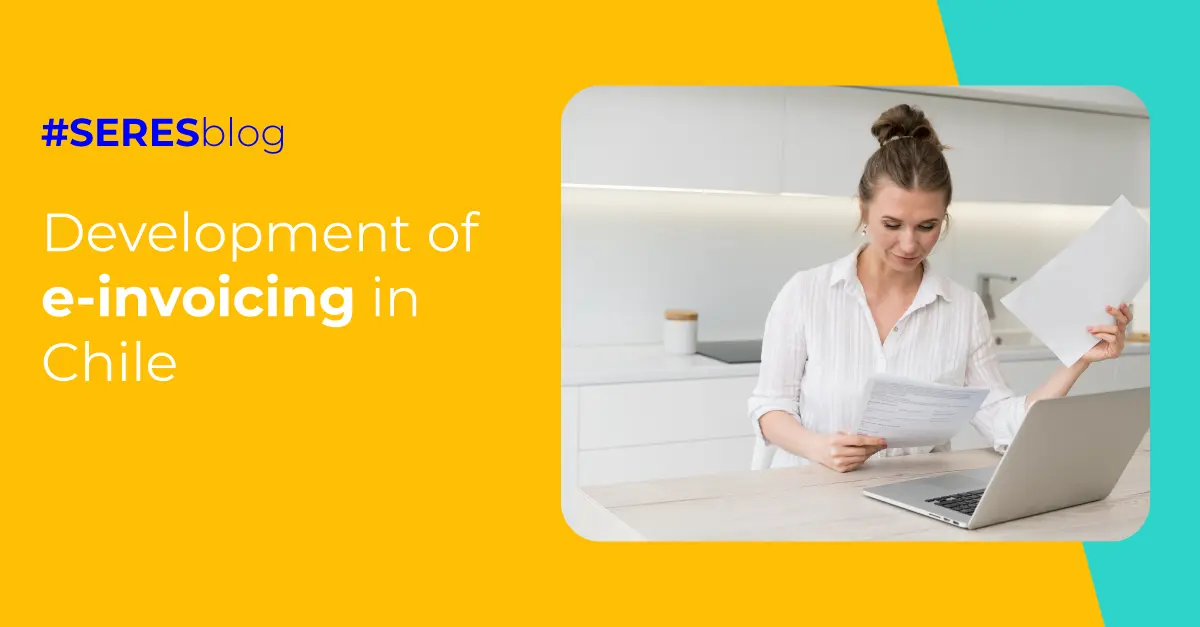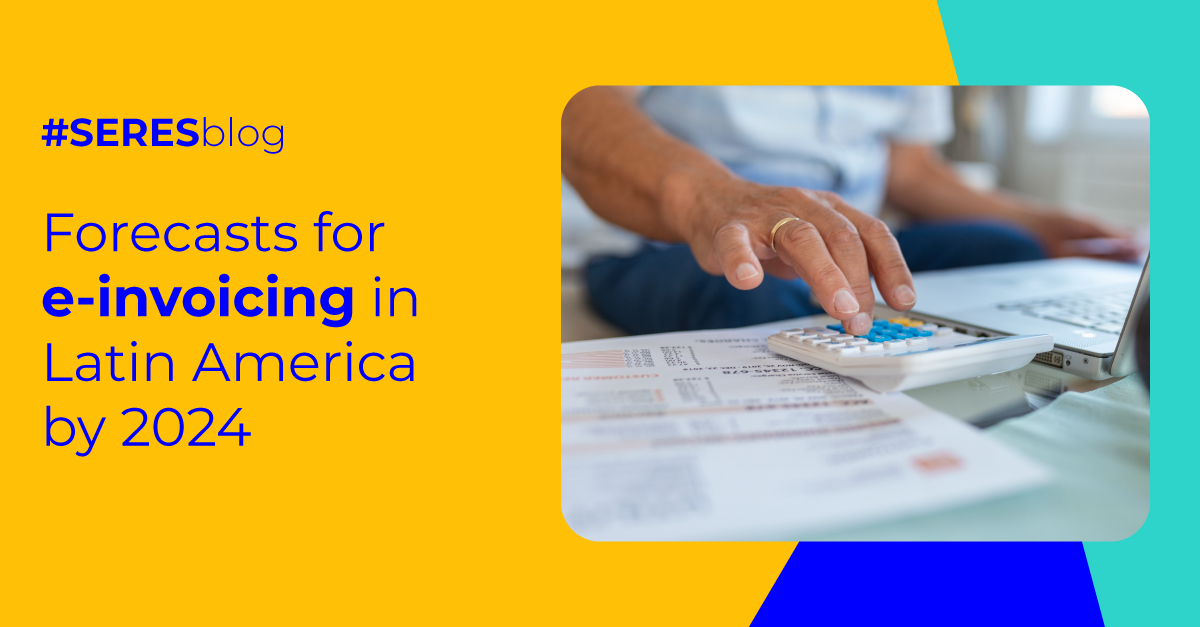E-invoicing in Singapore to accelerate by 2025
The InvoiceNow platform for e-invoicing in Singapore will commence a voluntary period in May 2025. As early as September 2024, the Inland Revenue Authority of Singapore (IRAS) will provide a test environment for companies and suppliers to verify the functionality of their systems.
It should be noted that the activation of the system will not be mandatory during this phase; however, early adoption is encouraged.
It is not the intention of the Inland Revenue Authority of Singapore (IRAS) to require the reconciliation of data between legacy systems and the InvoiceNow platform.
It is expected that from November 2025 to April 2026, companies in Singapore that have elected to register for the Goods and Services Tax (GST) will be required to adopt the InvoiceNow platform. Furthermore, companies will be given at least one year's notice to adjust to the new system.
The phased implementation will permit businesses to adapt their systems to the InvoiceNow platform, which employs two principal methods for data transmission:
- The generation and transmission of electronic invoices is conducted directly via the InvoiceNow platform.
- Invoices generated in PDF or paper format must be registered in InvoiceNow-compatible solutions and transmitted to IRAS on a periodic basis.
It is incumbent upon businesses to include a number of key elements, including the UEN code, name and address, GST categories and SGD values.
Moreover, businesses may utilise existing accounting systems or adopt integrated solutions with IMDA-accredited access points.
Invoice Now is the e-invoice platform in Singapore
The Singaporean Government has announced its plans to mandate B2G e-invoicing through its InvoiceNow platform. In October 2023, the Inland Revenue Authority of Singapore (IRAS) confirmed the success of a trial of its InvoiceNow e-invoicing platform, based on the Peppol standard and exchange network that Singapore adopted in 2019.
The objective of the test was to determine whether InvoiceNow could be upgraded from its 4-corner model to a 5-corner model with Peppol.
The implementation of InvoiceNow as the mandatory platform for B2G e-invoicing has been highly successful. This will result in easier GST (Goods and Services Tax) compliance for companies, leading to fewer audits, faster refunds, and improved collaboration between IRAS, IMDA, the General Accounting Department, and businesses.
Furthermore, InvoiceNow enables international transactions with businesses connected to the PEPPOL network.
IMDA plans to migrate from the current Peppol BIS specifications to the PINT SG specifications. The change to the e-invoice format in Singapore will be carried out in three phases: preparation, implementation, and withdrawal.
- Preparation phase. March 1, 2024 - December 31, 2024.All companies must comply with PINT-SG and PINT receiving capabilities.
- Implementation phase. January 1, 2025 - March 31, 2025. During this phase, SG BIS 3.0 registration will be removed from the SGNIC-SMP, and PINT-SG receiving capability registration will be mandatory.
- Phase out. April 2025. The receiving capabilities of all SG BIS 3.0 participants will be removed from the SGNIC-SMP.
When was e-invoicing first used in Singapore?
In recent years, the use of e-invoicing in Asia has experienced significant growth. This has led to the region being on track to achieve one of the highest annual growth rates for e-invoicing.
As a result, many countries have started to regulate the issuance of e-invoices through their own platforms or through PEPPOL, such as Singapore. Furthermore, national formats have been adopted for business-to-business (B2B) and business-to-government (B2G) transactions.
Singapore was an early international adopter of e-invoicing. However, it took almost two decades for the necessary steps to be taken to make it mandatory.
In 2003, e-invoices began to be used and, by 2008, their use was promoted in Singapore for B2G transactions. However, it took another 10 years for the mandatory implementation of e-invoice exchange between public bodies and their suppliers.
In 2019, Singapore became the first non-European country to adopt the PEPPOL e-invoice format.
This move was motivated by Singapore's strong trade relationship with Europe and the desire to facilitate business transactions with European partners.
Who can exchange e-invoices in Singapore?
In the B2G area, it is mandatory for all public bodies and their suppliers to send and receive electronic documents. However, in the absence of current legislation, companies have the option to use e-invoicing in B2B transactions.



